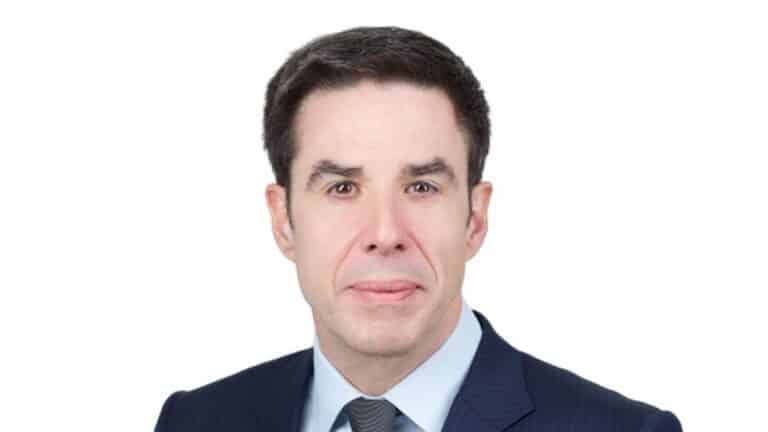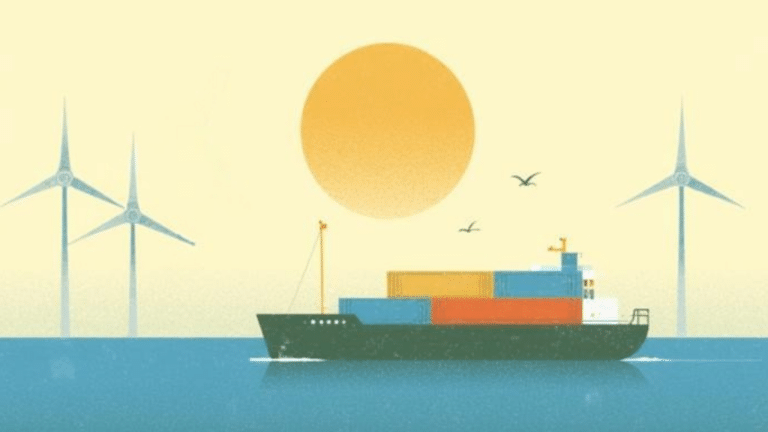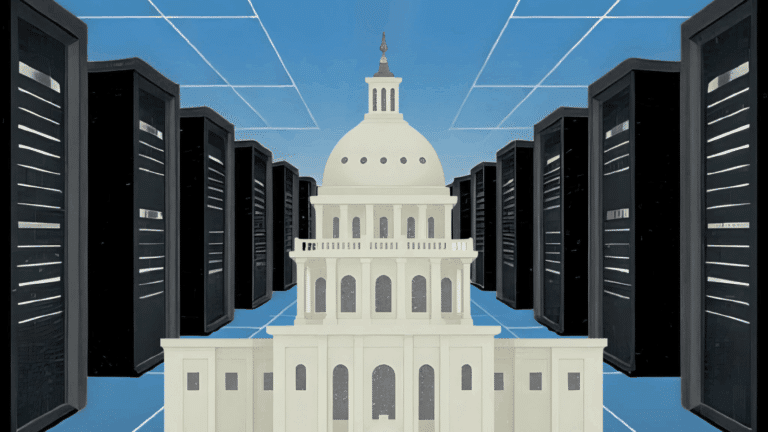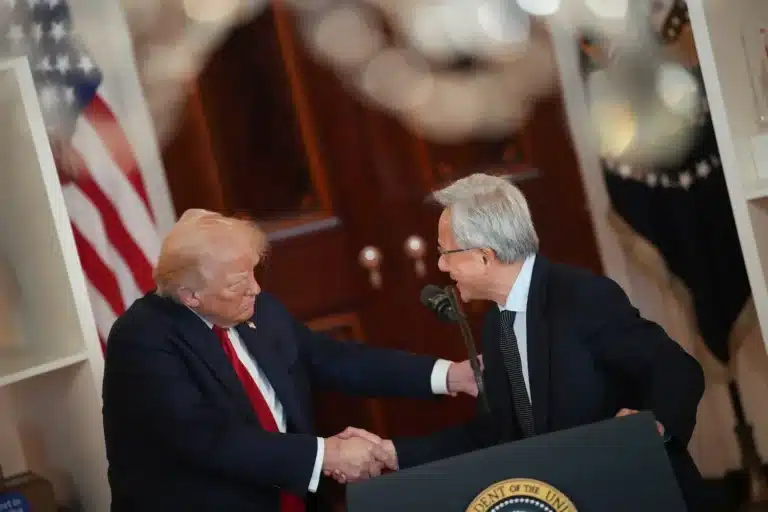Could a strategic lithium reserve kickstart US supply chain development?
NEW YORK -- A strategic lithium reserve is being mooted as a solution to stabilize volatile prices that have hindered American mining projects, allowi
Current Access Level “I” – ID Only: CUID holders, alumni, and approved guests only
The global oil market is in free fall, following the collapse of a meeting last week of OPEC and non-OPEC producers. Saudi Arabia decided to surge its output, sending oil prices tumbling. This historic oil price crash is weighing on stock markets already reeling from the economic effects of the coronavirus pandemic. Low oil prices raise questions about the future of U.S. shale production, OPEC’s credibility and effectiveness, the geopolitical motivations and the fallout for Saudi Arabia and Russia, the fiscal impacts on key oil-producing countries, the implications for the battle against climate change, and much more.
In this edition of Columbia Energy Exchange, Jason Bordoff is joined by three experts who study energy markets, geopolitics, and policy to delve into these complex issues: Helima Croft, Amy Myers Jaffe, and Bob McNally.
Helima Croft is a Managing Director and the Head of Global Commodity Strategy and Middle East and North Africa (MENA) Research at RBC Capital Markets. She is a CNBC contributor, she started her career at the CIA after earning her PhD from Princeton University.
Amy Myers Jaffe is the David M. Rubenstein Senior Fellow for Energy and the Environment and Director of the Program on Energy Security and Climate Change at the Council on Foreign Relations. Amy previously served as Executive Director for Energy and Sustainability at the University of California, Davis, as Founding Director of The Energy Forum at Rice University’s Baker Institute, and she is also the Co-Chair of the Center on Global Energy Policy’s Women in Energy Steering Committee.
Bob McNally is a Non-Resident Fellow at the Center on Global Energy Policy, and Founder and President of The Rapidan Energy Group, a consulting firm based in Washington DC. From 2001 to 2003, Bob served as the top international and domestic energy adviser on the White House staff, holding the posts of Special Assistant to the President on the National Economic Council and, in 2003, Senior Director for International Energy on the staff of the National Security Council. He is also the author of Crude Volatility, a history of oil markets and efforts to manage them, published through the Center on Global Energy Policy’s book series with the Columbia University Press.
Over the past week, President Trump has intensified pressure on Venezuelan president Nicolás Maduro by targeting the regime’s economic lifeline—oil. The United States has seized two oil tankers...

If it seems like you're hearing a lot more about geothermal energy lately, that's because this clean, firm energy source is at a technological turning point. With roots...

Investment in clean energy technologies is on course to hit a record $2.2 trillion this year, according to the International Energy Agency. That’s more than twice the amount...

The national conversation around climate change is shifting. There’s more focus on energy affordability and demand, as well as on the dual role artificial intelligence plays as both...

This Energy Explained post represents the research and views of the author(s). It does not necessarily represent the views of the Center on Global Energy Policy. The piece...

Geopolitical uncertainty associated with Russian gas exports could swing the range of those exports by an estimated 150 bcm per year.

From the east to west and north to south, in red states and blue states, attention to data centers is skyrocketing in state capitals across the United States.

Trump’s latest proposal would cede the United States’ AI advantage.
